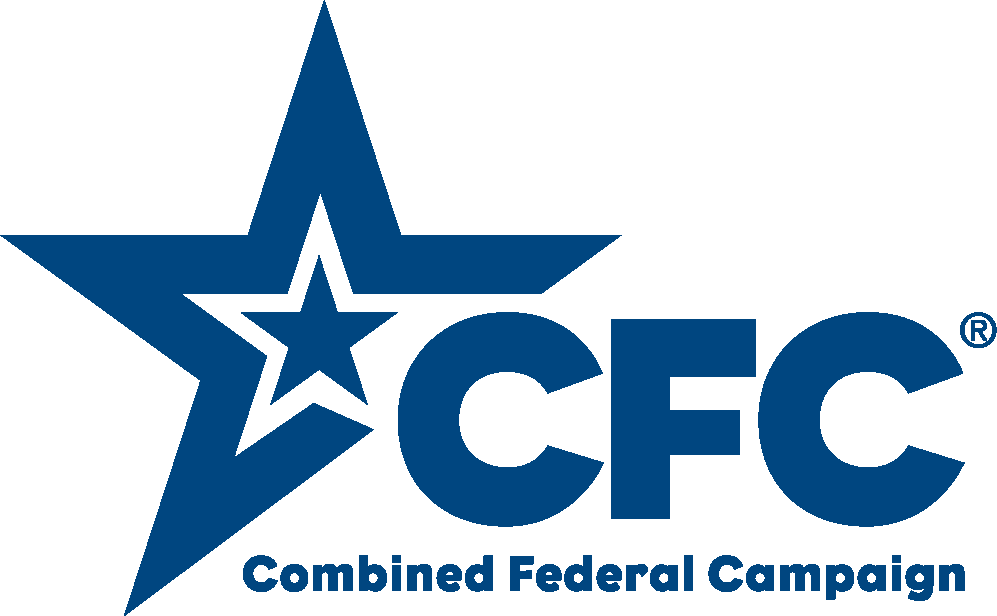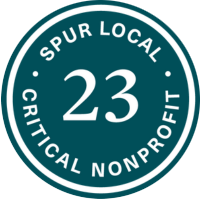
My name is Ruth Crystal. I live in the Glen Oaks neighborhood in the 4th District, and I am testifying on behalf of Jews United for Justice, which represents more than 1,600 people in Baltimore City who act on our shared Jewish values to advance social, racial, and economic justice in our local community.
Jews United for Justice strongly urges the City Council to pass Council Bill 22-0195, Inclusionary Housing for Baltimore, with amendments offered by Council Member Ramos.
JUFJ is driven by our tradition and historical texts, which teach us that housing is a human right and providing housing is an obligatory form of tzedakah (charity) and therefore we must work toward a Baltimore where housing is equitable, accessible, and dignified. We envision a city that will respond to the needs of poor and working people and prime among those needs is safe, decent, and affordable housing.
An effective inclusionary housing program can be viewed as a value exchange between the City and a developer who has received some form of government assistance – the City provides a benefit to the developer who, in turn, makes a small percent of the units they are developing accessible to low- and moderate-income Baltimoreans. Inclusionary Housing is an essential tool to building more affordable, integrated neighborhoods in Baltimore City.With CB 22-0195, Baltimore has a chance to break with development policies that subsidized racial segregation and racist separate-and-unequal development and create a more equitable, integrated future.
Inclusionary housing creates reasonably priced housing with far less public funding than other affordable housing development programs. Baltimore City spent $38 million in tax subsidies for market rate development in FY 2022 and got zero affordable units in return. Baltimore will have given $73 million from one special tax break alone to multi-family housing developers from FY 2014 through FY 2023.
Almost all 6,621 units created with this subsidy are luxury units located in high-income neighborhoods. Research shows that children do better when they grow up in a mixed income community. Inclusionary housing is one of the only policies proven to create lower cost housing in high opportunity neighborhoods. CB 22-1095 corrects many of the problems in the City’s prior Inclusionary Housing program which included so many easily attained waivers that it only produced 37 units in 14 years.
JUFJ supports the Inclusionary Housing Coalition supporting CB 22-0195, and urges you to reject weakening amendments:
- Do not reduce the very limited affordability required – no rental units above 60% AMI. 60% AMI ($55,740 for a family of two) is already based on a regional assessment of income – average incomes in Baltimore City are already much lower than the region. 60% AMI allows frontline workers and persons who use vouchers to access the affordable units. Raising this threshold to 80% AMI would place those units beyond the reach of voucher holders and many frontline workers.
- Maintain strong oversight and accountability. The inclusionary housing board should remain in the bill. The prior inclusionary law suffered from weak oversight and implementation. A robust board is needed to maintain transparency and accountability.
- No Fee-In-Lieu. CB 22-0195 creates affordable housing opportunities that are integrated into communities. Allowing developers to opt out of the law by paying into a fund would facilitate the creation of affordable units that are not well integrated into communities – thereby repeating the mistakes of our City’s long history of subsidizing segregated affordable housing.
- Maintain Strong Affirmative Marketing. Sponsor amendments will ensure that developers affirmatively market the affordable units to groups that have historically been excluded from the benefits of new development and then hold the developers accountable for doing so.
Please issue a favorable committee report on Council Bill 22-0195 with sponsor amendments.





